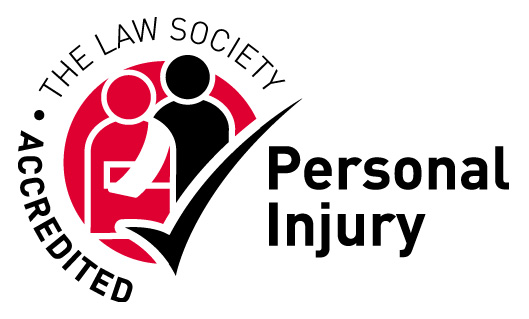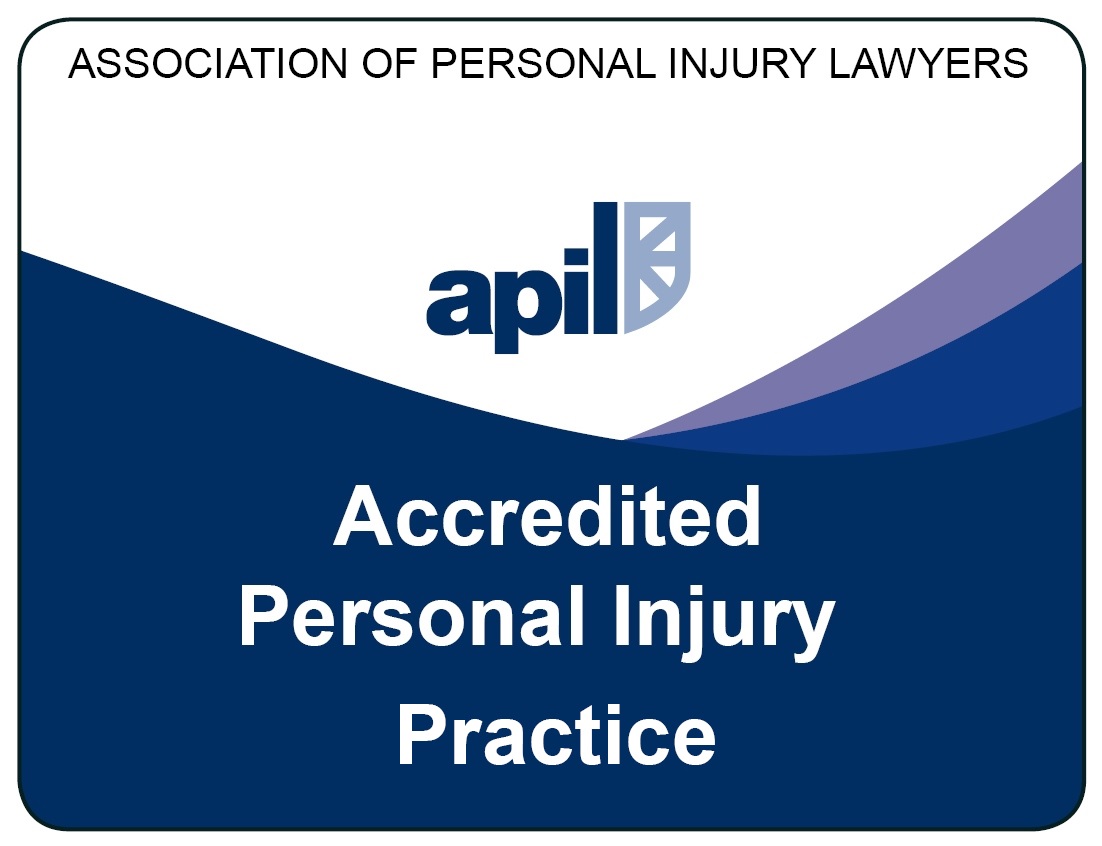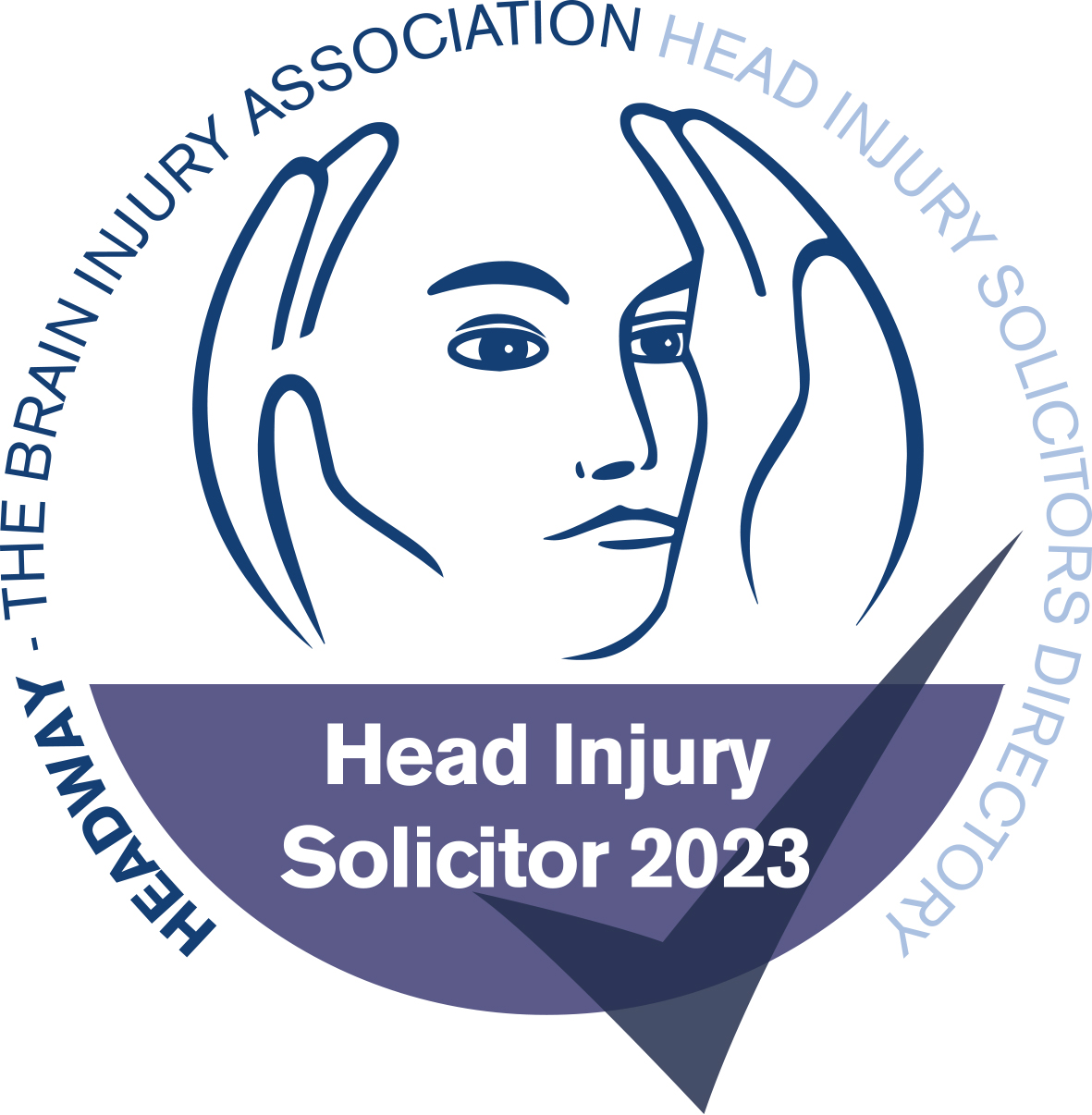



Medical Negligence Claim Guide
Medical negligence claims can arise from mistakes that have happened within the NHS or the private sector health care systems.
In order to bring about a medical negligence claim, you will need the help of an expert personal injury lawyer who has experience in the field of medical law.
The money from a clinical negligence claim is aimed to provide you with the finance you need to pay for care as a result of your injury or illness. The specific aim of any compensation is to put you back in the position you were in before you had your accident. This is not always possible when an impairment is so great but you are legally entitled to make a claim if you believe that you have suffered an injury through no fault of your own.
I Think I Have A Medical Negligence Claim – What Should I Do?
Firstly, you will need to find a solicitor who specialises in medical negligence claims. Your solicitor will help you gain access to your medical records and he/she will also help you obtain an unbiased medical report
How Is Compensation Calculated?
There is no set amount of compensation for a certain injury but there are guidelines that do exist. The JSB Guidelines help solicitors calculate and estimate compensation amounts and they are based on previous cases where compensation has been awarded. Advice can also be sought off experts such as occupational therapists; physiotherapists; architects; accountants and employment consultants. These opinions help create a picture of the physical challenges a claimant may face as a result of their injuries which also helps build a clear picture of how much the care costs will be.
The amount of compensation you receive is based upon any loss of earnings experienced; the cost of providing care and accommodation (including expenses for the adaption of accommodation) transport aids; social as well as leisure pursuits in some cases. There are also other factors which are specific to a case, for example, you may need speech therapy as a result of your injuries.
If you think you could have a medical negligence claim then it is worth noting down the costs of your care before and during the claims process. Keeping receipts for everything you pay for in relation to care will mean that there is evidence of these costs and this can be used in your case.
Payment Methods For Compensation
Compensation settlement amounts are paid usually in a lump sum and via periodical payments. The lump sum is for addressing past expenses paid out and any immediate expenses. The periodical payment element of a settlement is for future costs as and when they appear. These index-linked payments can be spread out and paid monthly, annually or bi-annually. Interim payments can also be requested in cases where it is likely that an agreement could take a long time and immediate financial support is required.
How Are Clinical Negligence Claims Different From Other Claims?
In clinical negligence cases, you have to prove two things. Firstly, you have to prove that there was a fault with the health care you received; either from an individual or a system that was not working properly. You also need to prove that it is because of this fault that you are in the position you are in now.
Fault And Causation
You may hear the term ‘causation’ used in connection with clinical negligence cases. This means there is a requirement to show that it was the poor care received that caused you your injury and not the medical condition you may have been in hospital for. If someone has been in hospital for a condition they were already suffering from, it can be more challenging to prove that there has been medical negligence and not symptoms of an original illness, in some cases. The help of a specialised medical negligence lawyer can help you prove your case.
Fault in compensation claims can be referred to as ‘breach of duty’. This means you were not dealt with in the way you should have been had you been treated by a competent specialist and that it is reasonable to expect such treatment. Expert medical reports can help prove both fault and causation.
Types of Medical Negligence Claims
There are many different kinds of serious injuries that are at the centre of medical negligence cases. Brain injury and spinal injury claims are those which can result in life-changing conditions for people who have suffered from them. Some of the most common kinds of claims are:
- Fatal accidents
- Birth injury claims e.g. cerebral palsy
- Misdiagnosis claims
- Late diagnosis claims
- Surgery mistakes
- Prescription mistakes
Clinical Negligence Compensation For A Child
If a child has been awarded compensation and they are under the age of 18 then the money will be held by the court until the child reaches 18. A support case manager can sometimes be appointed once the child is old enough to receive the funds. The Court of Protection will administer the money in cases where a person is not able to manage their own financial affairs. Parents are often involved when making decisions in these cases.
Making A Clinical Negligence Claim With Jefferies
To make a claim with us please get in touch on our national accident helpline number or complete one of our online claim forms.





